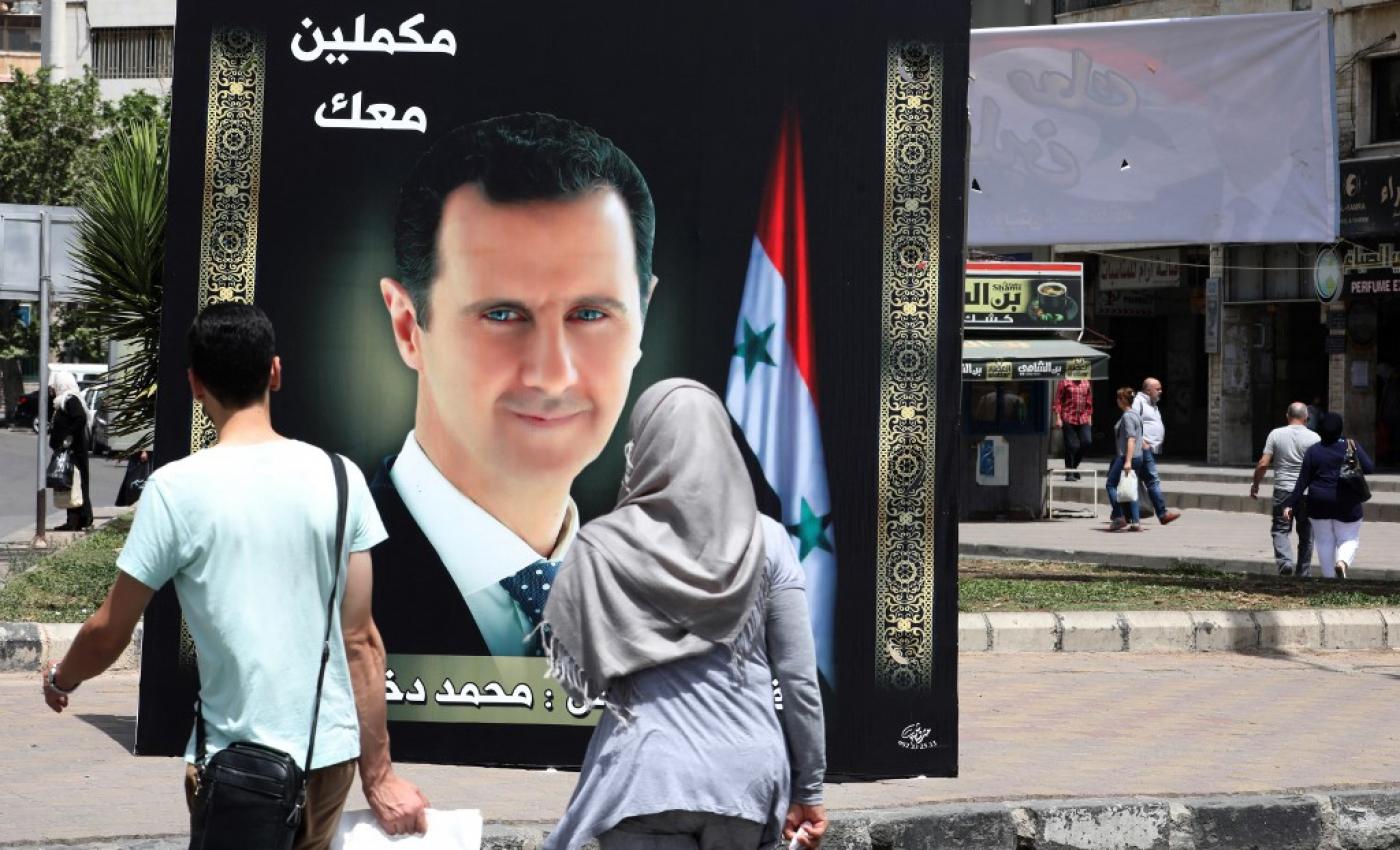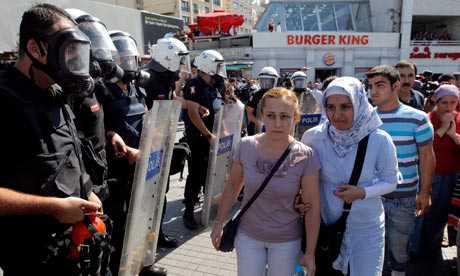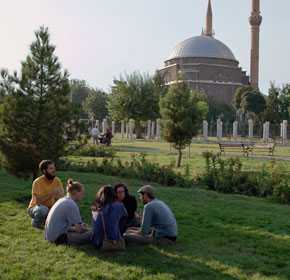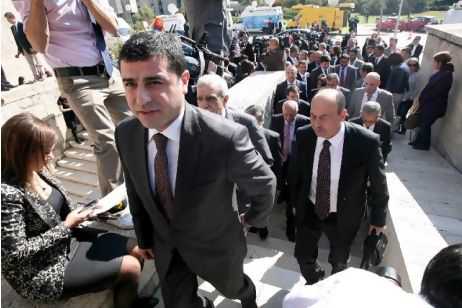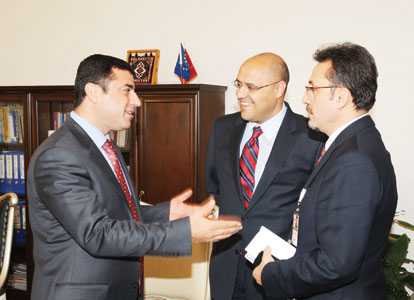
GÖKSEL BOZKURT / SERKAN DERMİRTAŞ
ANKARA – Hürriyet Daily News
Selahattin Demirtaş, BDP co-chair, says he warned President Gül and Foreign Minister Davutoğlu against a spillover from Syria
Syria is looking to stir up ethnic and sectarian unrest in Turkey, Peace and Democracy Party (BDP) co-chair Selahattin Demirtaş has warned, urging Ankara to reconcile with Turkey’s Kurdish population or face the risk of plunging deeper into conflict.
“Syria is about to explode. The unrest is continuing. The threats of [President Bashar] al-Assad’s regime to Turkey should not be underestimated. He has given a message: ‘We have religious and ethnic differences, so does Turkey. If we have domestic disturbances, then so will Turkey,’” Demirtaş said in an interview with the Hürriyet Daily News on Oct. 13.
To prevent a spill-over effect in Turkey from turmoil in the Middle East, the government and the Kurds must immediately reconcile, said Demirtaş, whose party is mainly focused on the Kurdish issue.
The BDP leader said he had shared his concerns with both President Abdullah Gül and Foreign Minister Ahmet Davutoğlu. “I told them they have no time to lose, but they are making the problem worse with their complacency and lethargy. Ground operations, KCK operations, the isolation of [outlawed Kurdistan Workers’ Party (PKK) leader Abdullah Öcalan at] İmrali is an eclipse of reason. This is the time for dialogue and negotiations. I don’t think the upcoming days will be this comfortable.”
Police have launched a number of raids to detain people accused of membership in the Kurdistan Communities’ Union (KCK), which is accused of being the urban wing of the PKK. The latter is listed as a terrorist organization by Turkey, the United States and the European Union.
“If someone ignites a clash between Arabs and Kurds in Syria, the powers behind it will want to spread the unrest to Turkey. I don’t know if it will be an ethnic or sectarian conflict. I cannot say how it will happen, but they will try. We already have wounds, and they will try to rub salt in them,” the BDP leader said.
Ratcheting up tensions
Commenting on the recent assassination of Syrian Kurdish leader Meshaal Tamo, Demirtaş said the Kurds had not been involved in domestic insurrection, or revolted against al-Assad, and were balanced in their politics. He added that he was not directly in contact with Syrian Kurds and received information indirectly.
“They might be trying to incite the Kurdish people with such assassinations. This could turn into a Kurdish-Arab, Sunni-Shiite conflict. Maybe that’s what they’re planning,” Demirtaş said. “The whole thing is heading toward a dangerous point.”
The Turkish government has overstretched itself to the point of interfering with Syria, said Demirtaş, urging the ruling party to provide an explanation as to what the Turkish and Kurdish people should expect for the future of the region.
“In such a period, the Justice and Development Party [AKP] and the Republican People’s Party [CHP] need to think about the next 100 years of the country,” Demirtaş said, also noting the threat posed by Iran to Turkey’s domestic stability.
New constitution
The BDP places great importance on the new constitution and will actively participate in its preparation, said Demirtaş.
“The constitution cannot be made only by 12 deputies from four parties,” said Demirtaş, proposing the establishment of another commission that will bring together representatives of women’s, environmental and human rights organizations and minority communities. The new constitution must be approved by the public in a referendum no matter how many deputies approve it in Parliament, he added.
“The constitutional commission must also solve the issue of jailed deputies,” the BDP leader said. “They can’t say it is not their job. If you’re making a new constitution, you also need to clear the path of mines. Eight deputies are behind bars, and Parliament cannot vote on the Constitution without them.”
Demirtaş said Ankara was looking to South Africa and the dissolution of the Apartheid regime for inspiration to solve problems, adding that for this to work, the government had to end clashes with the PKK because “the new constitution cannot be prepared without peace. The commission can’t work while funerals take place every day.”
Both the PKK and the government have the will to restart negotiations, said Demirtaş. For this to happen, Öcalan’s “terms must be met. The government must give this man, who has the power to bring the PKK militants down from the mountains, his freedom. Only Öcalan has the power to do this.”
Demirtaş also called on the government to reveal the content of the protocols drafted between the National Intelligence Organization (MİT) and the PKK. “Those protocols contain the PKK’s disarmament. From what we understand, it is reasonable. Turkey could get rid of this problem for good. But the government’s approach has not been serious.”
via Assad ‘eyes sectarian, ethnic fight’ in Turkey – Hurriyet Daily News.

